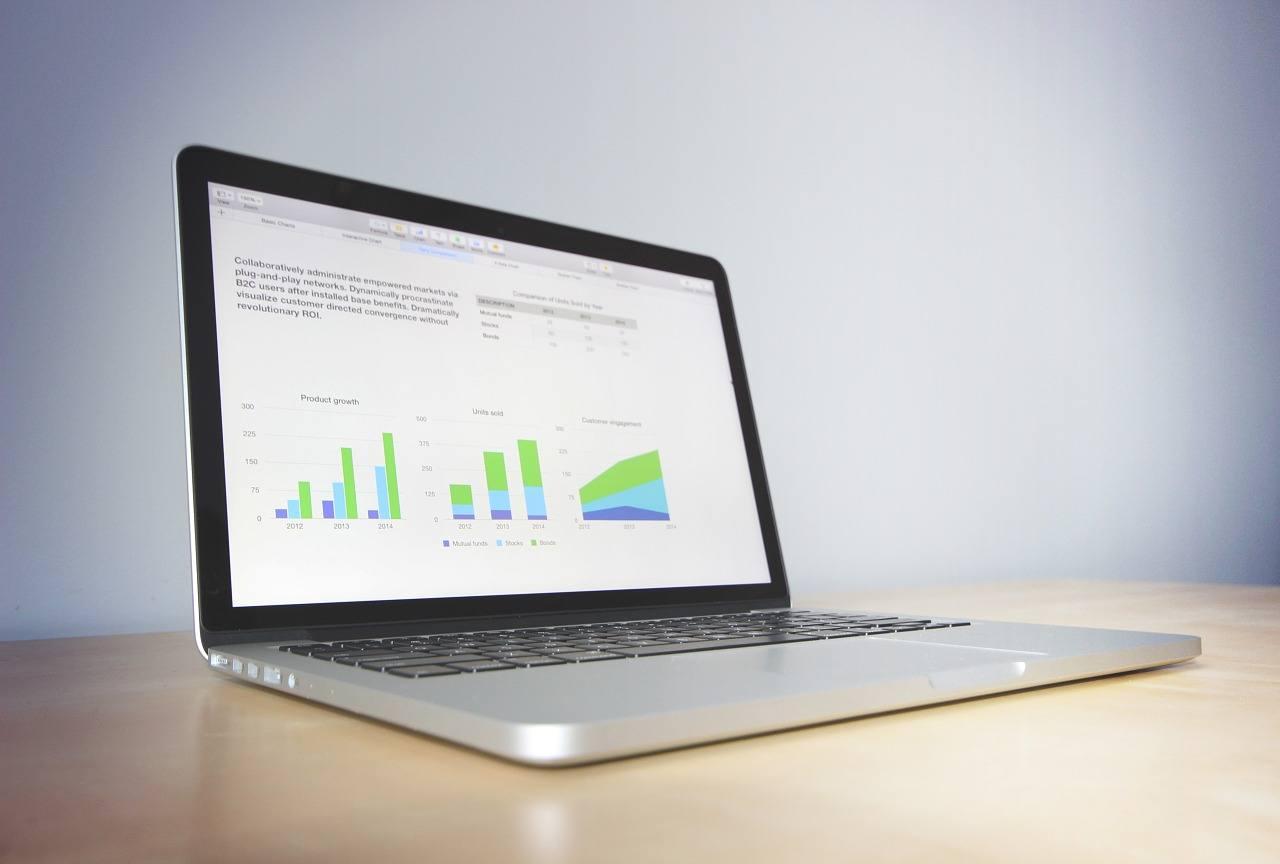
By Nelmara Arbex
Is sustainability reporting as we now know it getting the job done?
I was thinking about that one day, a little more than a year ago, after watching the news. 2014 was not yet over, and it was already being called the hottest year on record. The southeastern part of my home country, Brazil, was experiencing a crippling drought, with water shortages in São Paulo. There were also a number of high-profile corruption cases involving business and government in Brazil and other countries.
I do believe that these are all issues sustainability reporting is supposed to help tackle. That was my hope back in 2001 when I first joined GRI’s Stakeholder Council. It was certainly my belief when I worked to develop the G3 Guidelines as member of GRI’s Technical Advisory Committee in 2006, and it was still on my mind, years later, when I was leading the global multi-stakeholder discussions to develop G4.
But there I was, almost 15 years later, full of the knowledge that most top 10 businesses in every sector had almost a decade of reporting experience, and it still felt like we were not as close as I had hoped we would be to creating a more sustainable and transparent world.
With these thoughts in mind, I cycled from home to the GRI Secretariat in Amsterdam. When I got inside the office, I told a colleague about my question and we began a discussion about all of the good that had been brought about because of sustainability reporting.
We talked about how G4 was designed to help businesses focus on what really matters, about the companies that had significantly cut the amount of carbon dioxide they emitted, or worked hard to eliminate child labor in their supply chains, or reduced the disparity in pay between men and women. Before long, we were trading stories about executives we had met over the years and how we had convinced them that financials alone were not the best way to express business results.
But, at the end of the conversation, we both admitted that we weren’t sure if reporting, as we now know it, had moved the sustainability agenda sufficiently forward in terms of supporting decision-makers. That was the day we decided to talk to others and get partners to investigate the future of reporting.
So, what would need to change in order to make reporting a more effective tool for decision-makers considering society’s urgent needs in the next decade?
In hopes of finding answers to this question, GRI and partners convened the Sustainability and Reporting 2025 project, which started in January 2015. Throughout the year, we engaged with business executives and experts from a variety of fields and regions, recorded and analyzed interviews. We began a global conversation about the key challenges that must be addressed and what needs to change. Over time, that conversation began painting a picture of a future in which businesses and their stakeholders work much closer together, in a more focused manner, supported by technology. This would allow them to liberate sustainability data from reports, and unlock its true value.
It was a great experience to dedicate 2015 to exploring answers to this fundamental and strategic question. It was also a unique opportunity to see how the very different perspectives from our interviewees revealed similar visions and perceptions about the future, while surprising us along the way, with details and connections we had never considered.
Today, more than a year after we began this journey, we are glad to present our main findings in the digital publication The Next Era of Corporate Disclosure: Digital, Responsible, Interactive, which lays out elements of a vision of the future of sustainability disclosure. I would like to invite you to have a look at it.
And, of course, our work has not stopped. We have begun shaping the next phase of this project, which will explore how data technology can be used to increase decision-makers’ and stakeholders’ access to unlock the value of sustainability data.
These and other related topics will be explored at the 5th GRI Global Conference, May 18 – 20, in Amsterdam, the Netherlands. Conference attendees will have access to a number of sessions related to GRI’s work in this area, including “the future of reporting in technology and big data," “reporting trends of the future,” “using sustainability data to enable transformational change,” and “the power of sustainability and decision-making.”
So I invite you to get involved in this conversation, download The Next Era of Corporate Disclosure: Digital, Responsible, Interactive, and also to join us for an inspiring three days at our Global Conference in May.
Hope to see you there.
Image credit: Pixabay
Dr Nelmara Arbex is an expert in the field of business and sustainability with over 15 years of experience. Currently, she is the Chief Advisor on Innovation in Reporting at GRI and works as a consultant.
TriplePundit has published articles from over 1000 contributors. If you'd like to be a guest author, please get in touch!














